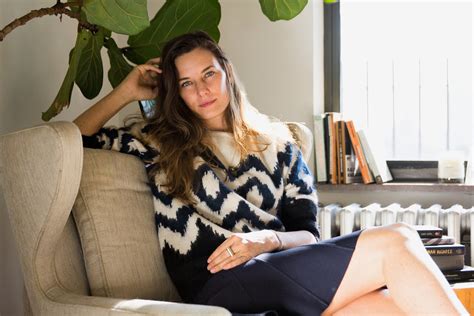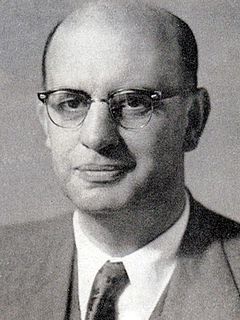A Quote by Thabo Mbeki
If we don't move forward with regard to creating a non-racial society in South Africa and we allow this legacy of apartheid to persist, these divisions between black and white in wealth and income and so on, in the future you would indeed have an ugly upheaval.
Related Quotes
Taking the continent as a whole, this religious tension may be responsible for the revival of the commonest racial feeling. Africa is divided into Black and White, and the names that are substituted- Africa south of the Sahara, Africa north of the Sahara- do not manage to hide this latent racism. Here, it is affirmed that White Africa has a thousand-year-old tradition of culture; that she is Mediterranean, that she is a continuation of Europe and that she shares in Graeco-Latin civilization. Black Africa is looked on as a region that is inert, brutal, uncivilized - in a word, savage.
South Africa, with US support, after the fall of the Portuguese empire, invaded Angola and Mozambique to establish their own puppet regime there. They were trying to protect Namibia, to protect apartheid, and nobody did much about it; but the Cubans sent forces, and furthermore they sent black soldiers and they defeated a white mercenary army, which not only rescued Angola but it sent a shock throughout the continent-it was a psychic shock-white mercenaries were purported to be invincible, and a black army defeated them and sent them back fleeing into South Africa.
In South Africa, being Chinese meant I wasn't white and I wasn't black. I trained in Baragwanath Hospital, the largest black hospital in South Africa. That was around 1976, the time of the Soweto Uprising, when police fired on children and students who were protesting. I was part of the group of interns who volunteered to treat them.
I am one of those who believe that there is no permanent home for even a section of the Bantu in the white area of South Africa and the destiny of South Africa depends on this essential point. If the principle of permanent residence for the black man in the area of the white is accepted then it is the beginning of the end of civilisation as we know it in this country.











































